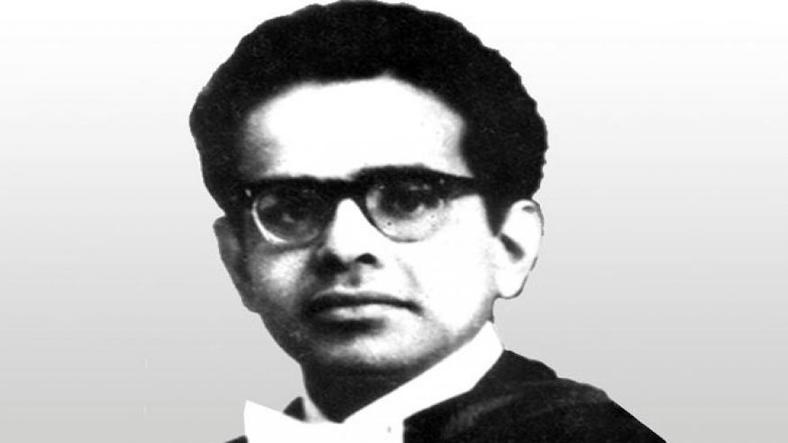Subhash Mukherjee (1931-1981) was an Indian physician and researcher who is known for his pioneering work in the field of reproductive medicine. He is credited with the development of the first successful in-vitro fertilization (IVF) technique, which led to the birth of the first IVF baby in India and the second in the world. Subhash Mukherjee was born on January 16, 1931, in Hazaribagh, Bihar (now Jharkhand), India.
Here are some key aspects related to Subhash Mukherjee and his contributions:
- Development of IVF Technique: Subhash Mukherjee, while working at the Institute of Post Graduate Medical Education and Research (IPGMER) in Kolkata, India, developed a method for in-vitro fertilization. In 1978, using this technique, he successfully fertilized a human egg outside the body and transferred the embryo into the patient's uterus, resulting in the birth of India's first IVF baby on October 3, 1978. This achievement marked a significant breakthrough in the field of reproductive medicine.
- Challenges and Recognition: Despite his groundbreaking accomplishment, Subhash Mukherjee faced significant challenges and criticism, including a lack of support from the scientific community and the media. He also experienced professional setbacks and personal difficulties. Unfortunately, these challenges took a toll on his mental health and he tragically took his own life in 1981. It was only after his death that his work received wider recognition and acknowledgment.
- Impact on Reproductive Medicine: Subhash Mukherjee's work paved the way for advancements in the field of assisted reproductive technology. His IVF technique laid the foundation for subsequent developments in the field, leading to advancements such as intracytoplasmic sperm injection (ICSI) and other assisted reproductive procedures that have helped countless couples overcome infertility and achieve parenthood.
- Legacy: Subhash Mukherjee's contribution to the field of reproductive medicine remains significant. His pioneering work in IVF has played a crucial role in revolutionizing infertility treatment worldwide. Although he did not receive immediate recognition during his lifetime, his achievements have since been acknowledged and honored. In 2018, the Government of India posthumously awarded him the Padma Shri, one of the country's highest civilian honors, in recognition of his groundbreaking work.
Subhash Mukherjee's groundbreaking work in the field of reproductive medicine, particularly his development of the IVF technique, has had a profound impact on the lives of countless individuals and couples struggling with infertility. While he faced numerous challenges and adversity, his contributions continue to shape the field of reproductive medicine and offer hope to those seeking assisted reproductive technologies. His pioneering efforts have left a lasting legacy in the scientific and medical community.
Thanks for reading the about this great personality on our peoples blog, for more such great people read our peoples blog articles.










